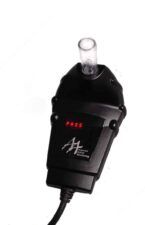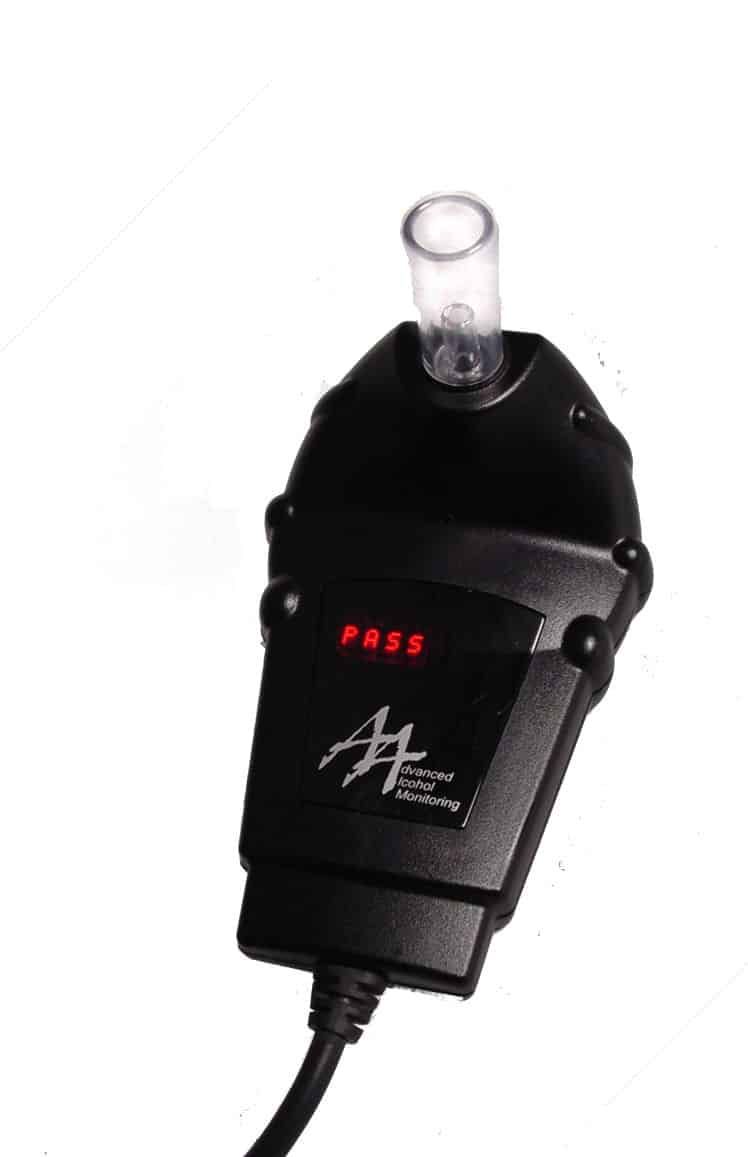 Illinois is best known for Abe Lincoln’s law practice and and the allure of its windy city, Chicago. It’s also pretty well known as a state that’s actively trying to curb its impaired driving problem. Illinois ignition interlock and DUI (driving under the influence) laws reflect that.
Illinois is best known for Abe Lincoln’s law practice and and the allure of its windy city, Chicago. It’s also pretty well known as a state that’s actively trying to curb its impaired driving problem. Illinois ignition interlock and DUI (driving under the influence) laws reflect that.
Take the decriminalizing of marijuana for example. When Illinois Governor Bruce Rauner signed a new law to decriminalize marijuana possession in July, the state had to re-define what it meant to drive under the influence. In the case of marijuana, Illinois lawmakers made the decision to charge a driver with DUI if they have five or more nanograms of THC, the active ingredient in marijuana, in their blood stream or ten nanograms in their saliva.
If a driver is driving under the influence of drugs, he or she is subject to the same penalties a drunk driver would receive in Illinois, and those penalties aren’t easy on the offender.
A first offender in Illinois could spend up to one year in jail. He or she would receive a minimum of one-year driver’s license suspension and pay fines up to $2,500. Those fines don’t include legal fees, driver’s license reinstatement fees, or any court ordered driver’s education fees you may have to pay. For a second time offender the penalties stay the same for jail time and fines, but the driver will lose his or her license for a minimum of five years.
Anyone with a drunk driving conviction has to participate in the Illinois ignition interlock program. Thanks to the all offender ignition interlock law, even first offenders will be required to use the device for at least one year. If you’ve had your driver’s license revoked for life because of four or more DUI convictions, you can apply for a Restricted Driving Permit. If you meet certain terms and conditions, you’ll be able to drive again with an ignition interlock.
Illinois continues to struggle with its drunk driving problem, but with new laws for driving under the influence of drugs and an all offender ignition interlock law, they could make great strides in their fight against drunk driving.
